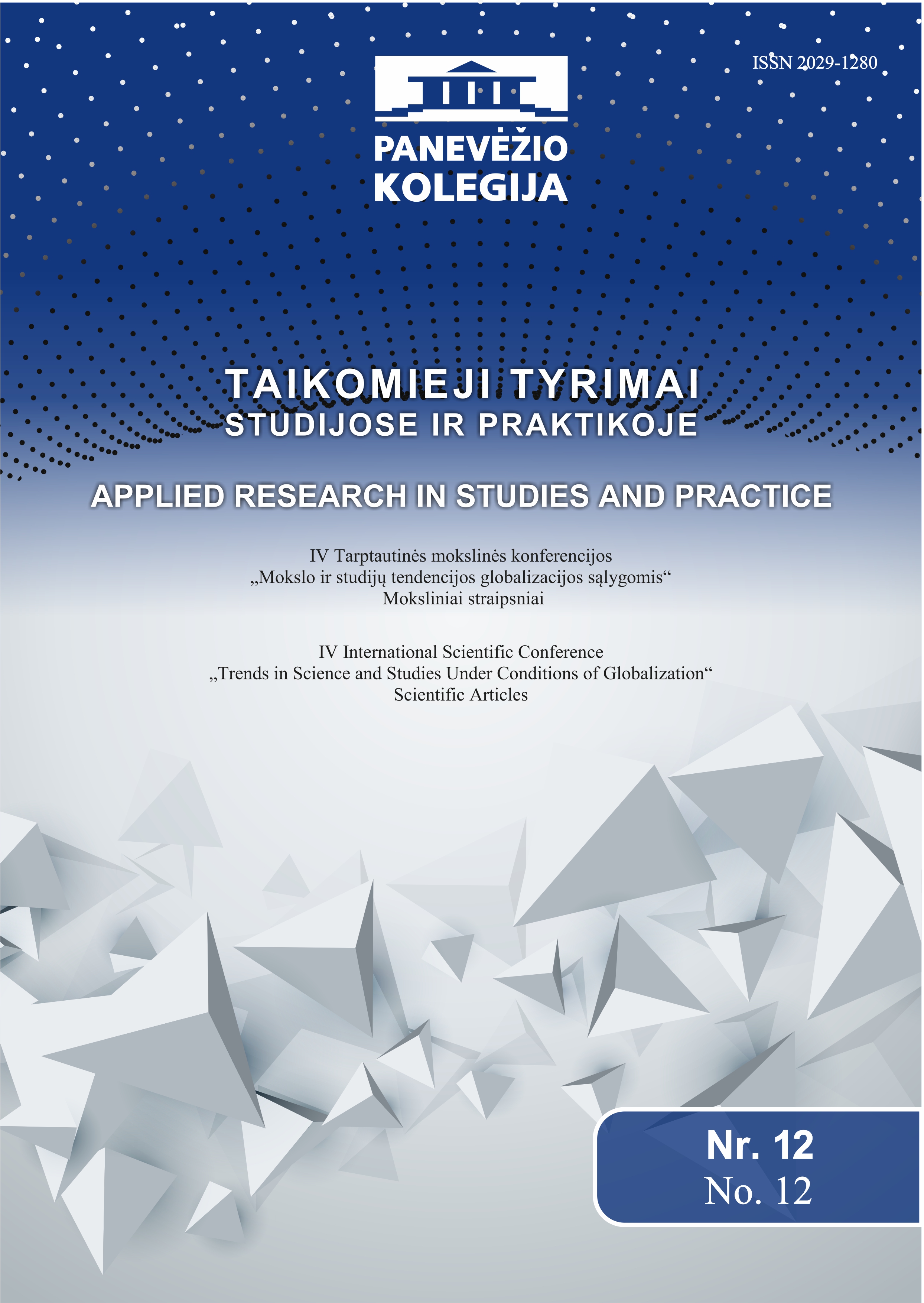Pirmo pareikalavimo garantijos koncepcijos modernizavimas Lietuvos ir Rusijos teisinėse sistemose
The Modernisation of a Concept of the First Demand Guarantee in Lithuanian and Russian Legal Systems
Author(s): Giedrius NemeikšisSubject(s): Law, Constitution, Jurisprudence, Law on Economics
Published by: Panevėžio kolegija
Keywords: bank guarantee;demand guarantee;Russian civil law;Lithuanian civil law;collateral;
Summary/Abstract: The topicality of this articles consists of difficult situation in international and national markets because of the negative influence and consequences of a previous worldwide economic crisis that has brought a significant uncertainty in contractual legal relations together with warnings of specialists about the second wave of this worldwide economic crisis. This complicated situation makes the creditors to look for a more sufficient and reliable measure for enforcement of debtor’s contractual obligations and since the first demand guarantee satisfies their needs perfectly, it has spread even in national systems. So, this article makes an analyses of regal regulation of first demand guarantee in international commerce practice and in some specific national legal systems - Lithuanian and Russian laws, that illustrates one aspect of globalisation process in quite effective way. So, the main purpose of this article is to reveal the main specific features of first demand guarantee concept in these two national legal systems in order to seek modernisation of such concept referring to international standards set by such international documents as United Nations Convention on Independent Guarantees and Stand-by Letters of Credit, Uniform Rules for Demand Guarantees and Draft Common Frame of Reference. Principles of European law on Personal security. As consequences of that, this article analyses legal doctrine, legal regulation and case law of both of these countries that was set in order to identify main aspects of possible modernisation of national first demand guarantee concept. This study has been carried out by using various research methods: a comparative legal analysis, synthesis, system, linguistic, historical, logical analyses methods as well as a legal document analysis method. The analysis of this article shows that since the first demand guarantee appeared in international commerce practice more than half of a century, but it took a lot of time till it has appeared in national legal systems in this century. However, legal doctrine notes, that in fact this kind of guarantee had existed in commerce practice of national legal systems before its official recognition. Lithuanian legal regulation of civil code as well as in Russian law – both of them restrict unreasonably the scope of possible guarantors, while all of three above-mentioned international documents provide a quite liberal position regarding this question. So, this article ground the necessity to modernise the concept of first demand guarantee by expending the scope of this concept and liberalising the view towards the cycle of possible guarantors. Moreover, the analysis results of this articles show a necessity to do so in one more way by modernizing the terminology of first demand guarantee. Since legal doctrine and case law have a wide verity of possible terms used to define the first demand guarantee and considering the wide range of subjects that can issue this kind of guarantee, it is necessary to replace the existing obsolete terminology of the bank guarantee with more neutral, accurate and informative one, that reveals the peculiarities of these legal relations in much efficient way, referring to international commerce practice regulated in above-mentioned international documents. This modernization measure does not mislead the civil law subjects in civil turnover and it stimulates them to interest in much detailed international regulation of first demand guarantee. Moreover, a special attention has been paid to the simple (conditional) guarantee in legal Lithuanian regulation, that defines the limits of the first demand guarantee and such clarification of guarantee legal institute is based on the dependence of guarantor’s obligation in ratio with the principal contract obligation. Also, since Russian legal system does not recognise this kind of guarantee, it is not alien to international commerce practice and there are even three kinds of guarantee with a specific payment mechanism related with debtor’s obligation to submit the intercessor’s confirmation or even court or arbitration judgments. The detailed analysis of legal regulation of guarantee institute in Lithuanian law shows, that Lithuanian legislator has not regulated these legal relations in quite precise way, because it is not clear which normative legal provisions are set to regulate the simple (conditional) guarantee. In this aspect, it is necessary to evaluate a regulation practice of Russian legal system, that regulates only bank guarantee, because on one hand, Russian civil code provides much detailer regulation than in case of Lithuanian law, while on the other hand, it makes the legal practice a much clearer by showing, that additional regulation of simple guarantee is not necessary. So, considering the modernisation of a dual system of guarantee legal relations in Lithuanian law, by eliminating the conditional guarantee, it has a positive impact on legal practice and it much the international standards set by international documents that establish the importance of clear differentiation of measures for enforcement of obligations based on dual system dependent and independent measures.
Journal: Taikomieji tyrimai studijose ir praktikoje
- Issue Year: 12/2016
- Issue No: 1
- Page Range: 83-91
- Page Count: 9
- Language: Lithuanian

